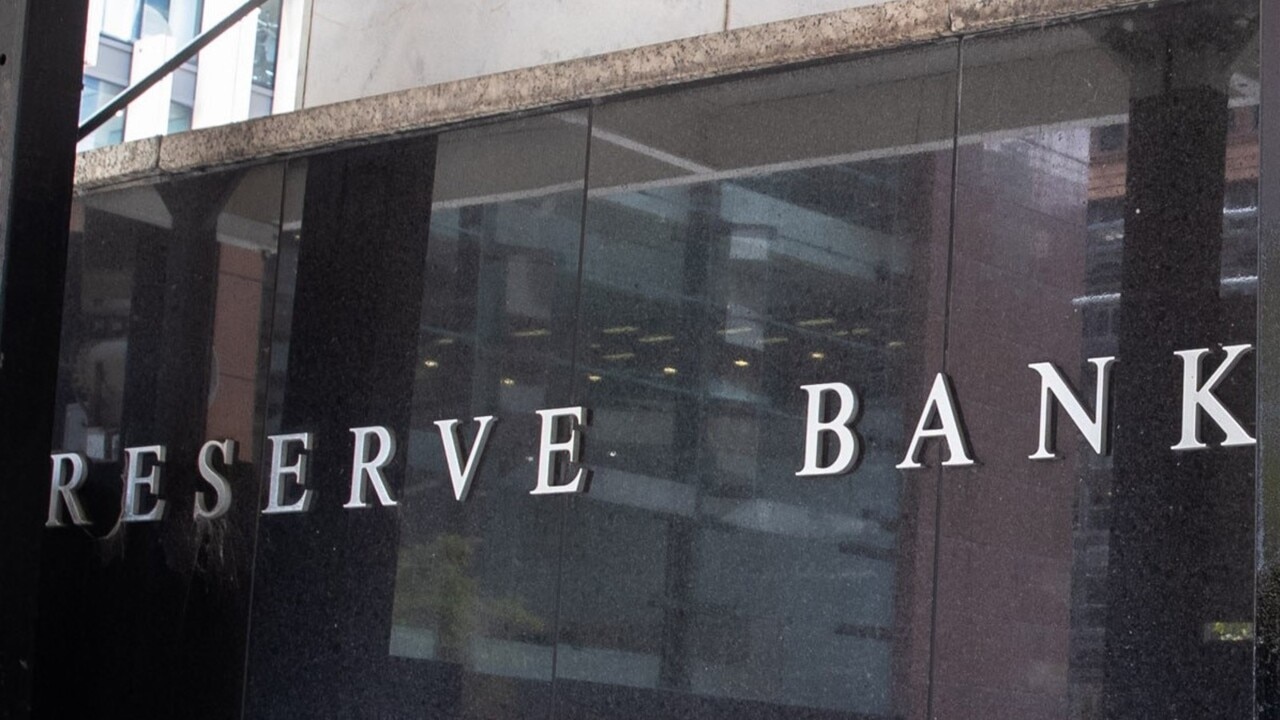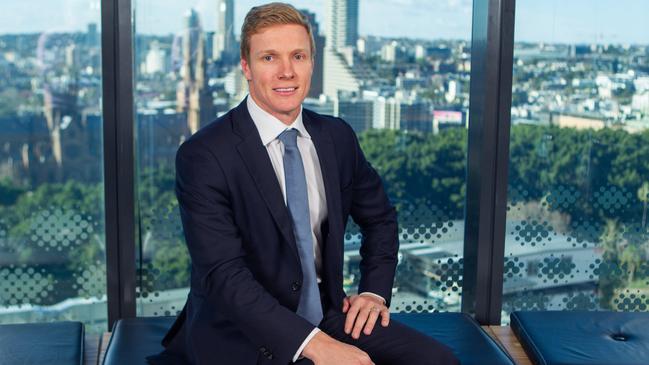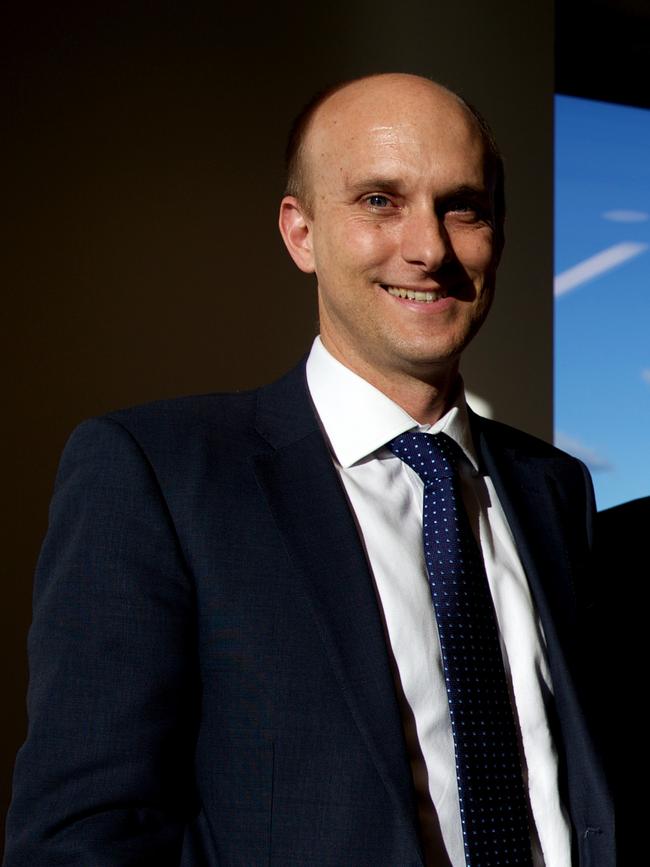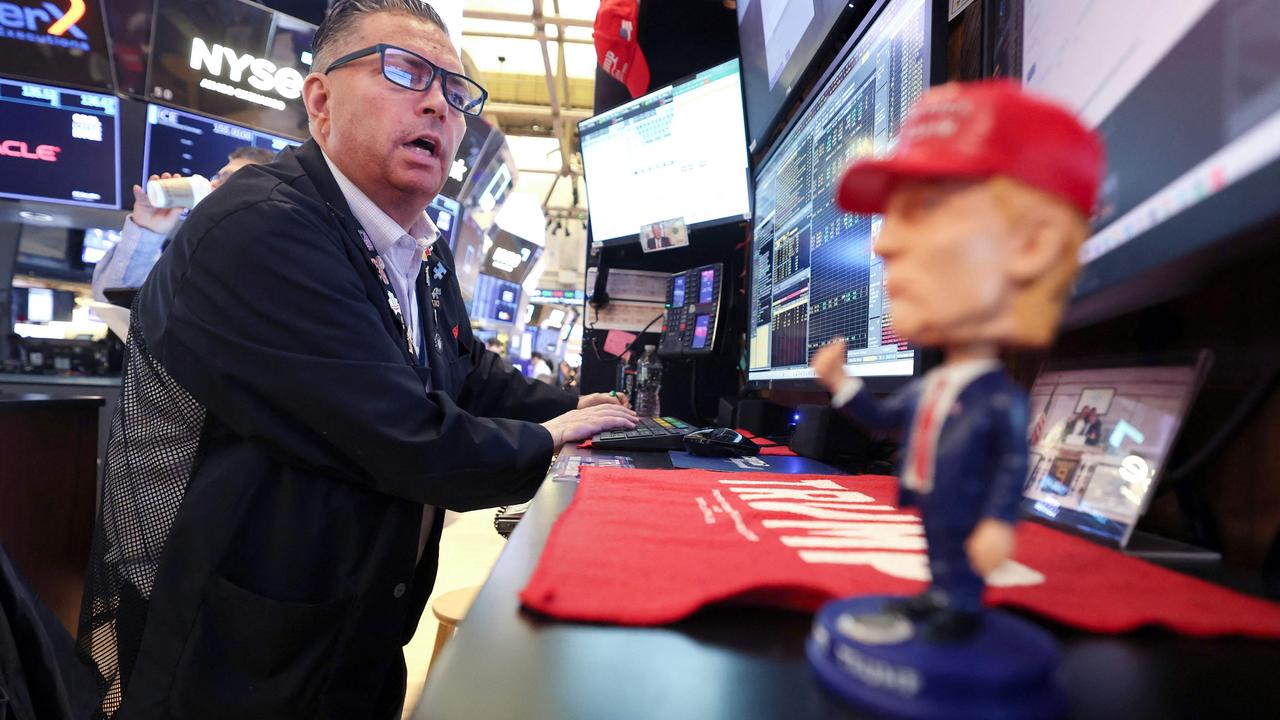Will it or won’t it guessing game on RBA move after retail sales come in stronger than expected
An unexpected rebound in retail sales has reinforced expectations of more interest rate increases, although the RBA may keep its powder dry next week.

An unexpected rebound in retail sales has reinforced expectations of more rate increases.
At its meeting next Tuesday, the RBA will weigh up a sharp fall in headline inflation against sticky services inflation, stronger retail sales, weak productivity, strong employment and wages risks from a tight labour market, as well as aggressive increases by some other central banks. But it is narrowly expected to pause an increase to the cash rate while awaiting more information, after lifting rates 4 per cent since May 2022.
The market-implied chance of another 25 basis point rate rise next week rose from about 15 per cent to 30 per cent, after it was announced May retail sales rose 0.7 per cent on-month against the expected 0.1 per cent.
The retail data came alongside news of a 2 per cent fall in job vacancies in the three months to May – the fourth consecutive fall – but the job vacancies were 89 per cent above their pre-Covid-19 level.
Businesses continued to report difficulties in recruiting and retaining staff, and the percentage of businesses reporting at least one vacancy crept up to 25 per cent in May, which was more than double what it was in February 2020 before the Covid-19 pandemic took hold.
Highlighting the impact of a tight labour market on a broad range of businesses, the percentage of businesses reporting at least one vacancy has been above 11 per cent since August 2020, and higher than 20 per cent since May 2021, the Australian Bureau of Statistics said.
After the retail and jobs vacancies data, rates pricing more or less regained the levels prevailing before Wednesday’s CPI data showed inflation fell to 5.6 per cent compared with the expected 6.1 per cent.

The money market expected the cash rate to peak near 4.5 per cent by November. Economists didn’t change their view, with most seeing a peak of 4.6 per cent in September.
The ABS said retail turnover was supported by a rise in spending on food and eating out, as well as a boost in spending on discretionary goods, and “reflected some resilience in spending with consumers taking advantage of larger-than-usual promotional activity and sales events”.
“Shoppers taking advantage of sales events is a sign of more cautious behaviour and won’t overly concern the RBA, but the rise in dining out is alarming and defies expectations of belt tightening,” IG chief market strategist Tony Sycamore said.
It came as NAB’s consumer stress index climbed for the third consecutive quarter to 56.9 points in the June quarter, but was well below the survey average of 58.5 points.
Cost-of-living pressures were by far the biggest cause of consumer stress, rising for the seventh consecutive quarter to 69.9 points, well above the survey average of 66.3.
One in three consumers reported “very high levels of stress” – which is above 90 points – the highest number since mid 2014, according to NAB. But NAB economists saw little point in the RBA skipping its rates cycle in July.
“The cumulative data this week, and the strong employment data earlier this month, strengthen the case for a hike and we see little value in the RBA pausing again,” NAB economist Taylor Nugent said.
The strong retail sales data “pushes back on fears that the economy was slowing more sharply than expected and highlights ongoing resilience among consumers”, with nominal sales 15.4 per cent above a pre-pandemic trend, and in per capita terms 16.9 per cent above that trend.
The ABS also noted strong gains in the services category of “meals out and takeaway” spending of 1.4 per cent on-month, and 12.7 per cent on-year which was well above price growth of 7.7 per cent.
There was also a large bounce in discretionary goods spending, with “other retailing” up another 2.2 per cent on-month after early and larger than usual end-of-financial-year sales events.
JP Morgan saw the retail sales data as a “temporary outperformance”.

“It’s worth remembering that retail sales were very strong in November 2022 on the back of Black Friday discounts/sales, before reversing sharply in December,” JP Morgan senior economist Tom Kennedy said.
“Household balance sheets are less robust as borrowing costs have increased and the saving rate has declined, so our base case is still for consumption to slow further in nominal terms.”
The ABS noted that strength in the food and cafes/restaurant subgroups in 2023 had mostly been a function of price, rather than volume.
“This was evident in yesterday’s monthly CPI indicator, which showed food price inflation, while moderating, is still tracking around 8 per cent on-year,” Mr Kennedy said.
“The read-through for GDP is real consumption will remain weak as high prices, low saving rate and expected deterioration in labour demand weigh on household spending.”
But Goldman Sachs Australia chief economist Andrew Boak said the stronger-than-expected May retail trade data supported his call for three more rate rises.
Retail sales excluding food rose 0.9 per cent on-month, driven by hospitality and other retailing sales. Households goods sales rose 0.6 per cent on-month after three consecutive falls, which was “tentative evidence that the recent rebound in house prices is starting to support spending”.
“The data support our base case that the RBA will continue to hike rates over the coming months – including a 25 basis point hike in July – in the face of resilient consumer spending, still-elevated inflation and a tight labour market,” Mr Boak said.
Commonwealth Bank’s Belinda Allen said that although this Tuesday’s meeting was “live”, the lower-than-expected monthly inflation data this week has “tilted the balance” toward a decision to keep rates steady in July.






To join the conversation, please log in. Don't have an account? Register
Join the conversation, you are commenting as Logout